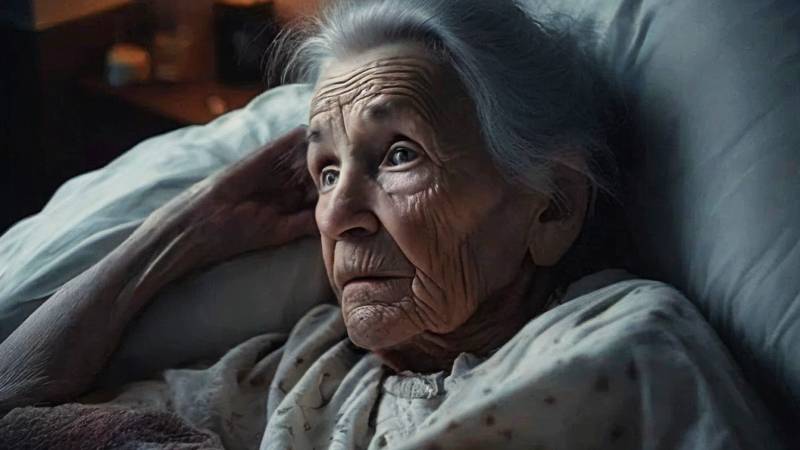Summary: A comprehensive Michigan Medicine study of over 18,500 adults has revealed that sleep apnea significantly contributes to dementia risk in older adults. The research shows that women with known or suspected sleep apnea face a particularly elevated risk of developing dementia compared to men, with the gender gap widening with age. This finding highlights the importance of early diagnosis and treatment of this common yet underdiagnosed sleep disorder.
Journal: SLEEP Advances, October 22, 2024, DOI: 10.1093/sleepadvances/zpae077
Reading time: 5 minutes
A Hidden Risk Factor for Cognitive Decline
While many people know about common risk factors for dementia, a silent nighttime threat may be affecting millions of Americans without their knowledge. A new study from Michigan Medicine has uncovered compelling evidence that obstructive sleep apnea – a chronic sleep disorder characterized by disrupted breathing during sleep – could be contributing to cognitive decline, particularly in women.
The research team examined data from more than 18,500 adults, uncovering a concerning pattern that persisted even after accounting for other known dementia risk factors.
The Gender Gap in Cognitive Risk
One of the study’s most striking findings was the disproportionate impact on women. At every age level, women with known or suspected sleep apnea showed higher rates of dementia diagnosis compared to men. Even more concerning, while men’s risk decreased with age, women’s risk continued to grow.
“Our findings offer new insight into the role of a treatable sleep disorder on long-term cognitive health at the population level for both women and men,” says Dr. Tiffany J. Braley, the study’s lead author.
Understanding the Woman-Specific Risk
The research team identified several potential explanations for this gender disparity. Dr. Galit Levi Dunietz explains, “Estrogen starts to decline as women transition to menopause, which can impact their brains. During that time, they are more prone to memory, sleep and mood changes that may lead to cognitive decline. Sleep apnea increases significantly post-menopause yet remains underdiagnosed.”
Implications for Public Health
The scale of this issue is significant. While six million Americans have been diagnosed with sleep apnea, experts believe the actual number affected is closer to 30 million. This suggests many people may be at risk without realizing it.
“These potential harms caused by sleep apnea, many of which threaten cognitive performance and decline, highlight the importance of early diagnosis and treatment,” notes Dr. Braley.
Glossary
- Obstructive sleep apnea: A chronic sleep disorder characterized by episodes of disrupted or restricted breathing during sleep
- Cognitive decline: A reduction in mental function, including memory, thinking, and reasoning abilities
- Sleep fragmentation: Frequent interruptions of sleep that prevent reaching or maintaining deeper sleep stages
- Modifiable risk factor: A condition or behavior that can be changed to reduce the risk of disease
Quiz
- Q: How many Americans are estimated to have undiagnosed sleep apnea?
A: While 6 million are diagnosed, it’s believed to affect closer to 30 million people - Q: How does age affect the dementia risk difference between men and women with sleep apnea?
A: The rate decreases among men but grows larger for women as they age - Q: What percentage difference in dementia diagnoses was found between those with and without sleep apnea?
A: The difference never rose above 5% - Q: How many adults were included in this study?
A: More than 18,500
Enjoy this story? Get our newsletter! https://scienceblog.substack.com/


